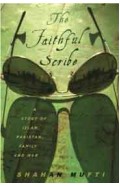Second Strike: Arguments About Nuclear War in South Asia
By: Rajesh Rajagopalan
-
Rs 790.00
Due to constant currency fluctuation, prices are subject to change with or without notice.
We're offering a high
discount on this book as it is slightly damaged
n May 1998 India tested a series of nuclear devices in Pokharan. Two weeks later Pakistan announced a matching series of its own tests. A year later, when the two countries had a bitter confrontation in Kargil, the worst fears of proliferation pessimists appeared to be coming true. The alarm bells have never really stopped ringing since then.
In Second Strike: Arguments about Nuclear War in South Asia, Rajesh Rajagopalan challenges much of the conventional wisdom on the perceived nuclear danger in the region and suggests that the nuclear situation in South Asia is far less dangerous, and much more stable, than it is generally given credit for.
Presenting a threefold case, the author focuses on the impact of nuclear doctrines on stability, a hitherto neglected aspect of the nuclear debate, and argues that Indian and Pakistani doctrines reduce the pressures on the two nuclear forces. Next, he presents the view that the doctrines of the two countries lessen the likelihood of accidents and other dangers such as terrorists stealing nuclear weapons. Finally, he examines another crises-the crucial role played by political leaders tighten control over nuclear weapons in critical situations.
We're offering a high
discount on this book as it is slightly damaged
n May 1998 India tested a series of nuclear devices in Pokharan. Two weeks later Pakistan announced a matching series of its own tests. A year later, when the two countries had a bitter confrontation in Kargil, the worst fears of proliferation pessimists appeared to be coming true. The alarm bells have never really stopped ringing since then.
In Second Strike: Arguments about Nuclear War in South Asia, Rajesh Rajagopalan challenges much of the conventional wisdom on the perceived nuclear danger in the region and suggests that the nuclear situation in South Asia is far less dangerous, and much more stable, than it is generally given credit for.
Presenting a threefold case, the author focuses on the impact of nuclear doctrines on stability, a hitherto neglected aspect of the nuclear debate, and argues that Indian and Pakistani doctrines reduce the pressures on the two nuclear forces. Next, he presents the view that the doctrines of the two countries lessen the likelihood of accidents and other dangers such as terrorists stealing nuclear weapons. Finally, he examines another crises-the crucial role played by political leaders tighten control over nuclear weapons in critical situations.
Second Strike: Arguments About Nuclear War in South Asia
By: Rajesh Rajagopalan
Rs 790.00 Ex Tax :Rs 790.00
Zubin Mehta: A Musical Journey (An Authorized Biography)
By: VOID - Bakhtiar K. Dadabhoy
Rs 892.50 Rs 1,050.00 Ex Tax :Rs 892.50
Sideways on a Scooter: Life and Love in India
By: Miranda Kennedy
Rs 1,615.00 Rs 1,900.00 Ex Tax :Rs 1,615.00
The Mughal Throne The Saga Of Indias Great Emperors
By: Abraham Eraly
Rs 3,995.00 Ex Tax :Rs 3,995.00
From Third World to First Intl Singapore And The Asian Economic Boom - (PB)
By: Lee Kuan Yew
Rs 2,995.00 Ex Tax :Rs 2,995.00
The Faithful Scribe: A Story of Islam Pakistan Family and War
By: Shahan Mufti
Rs 2,290.75 Rs 2,695.00 Ex Tax :Rs 2,290.75
Josiah the Great: The True Story of The Man Who Would Be King
By: Ben Macintyre
Rs 845.75 Rs 995.00 Ex Tax :Rs 845.75
No similar books from this author available at the moment.
No recently viewed books available at the moment.
Zubin Mehta: A Musical Journey (An Authorized Biography)
By: VOID - Bakhtiar K. Dadabhoy
Rs 892.50 Rs 1,050.00 Ex Tax :Rs 892.50
Second Strike: Arguments About Nuclear War in South Asia
By: Rajesh Rajagopalan
Rs 790.00 Ex Tax :Rs 790.00












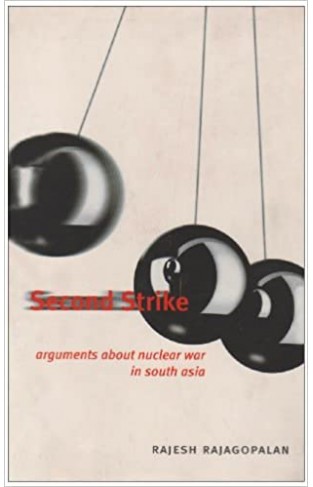

-120x187.jpg?q6)





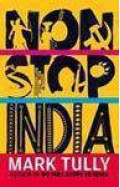


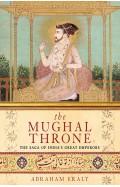
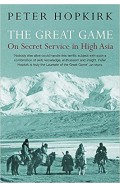
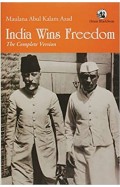
-120x187.jpg?q6)
